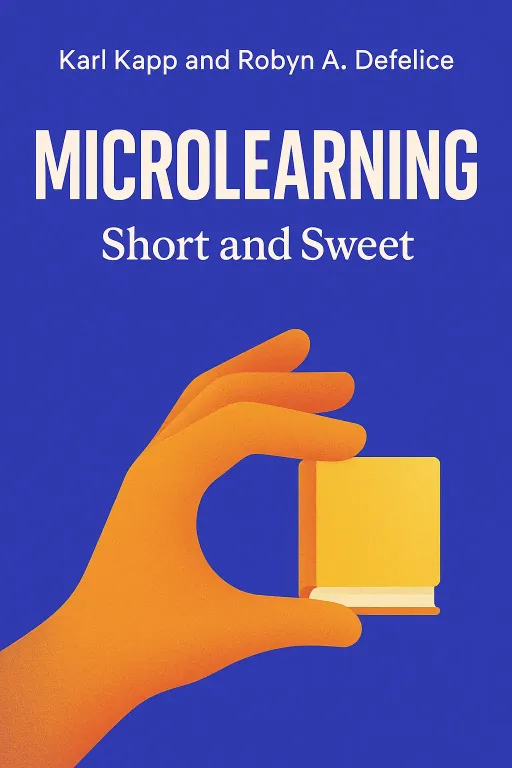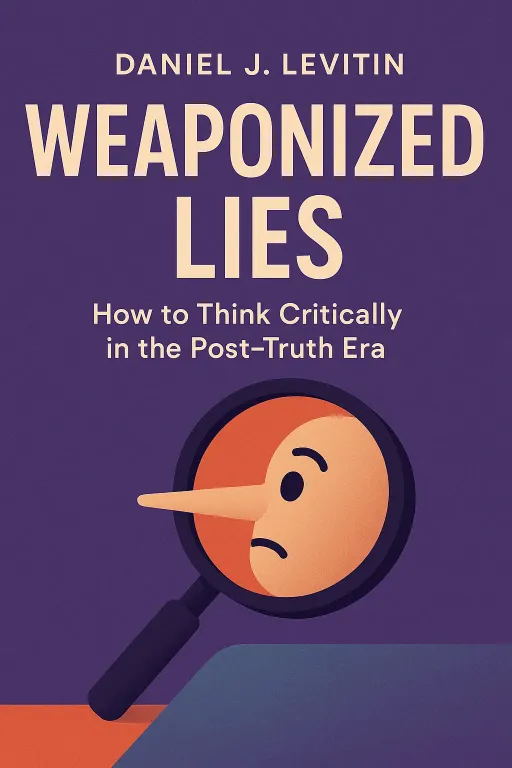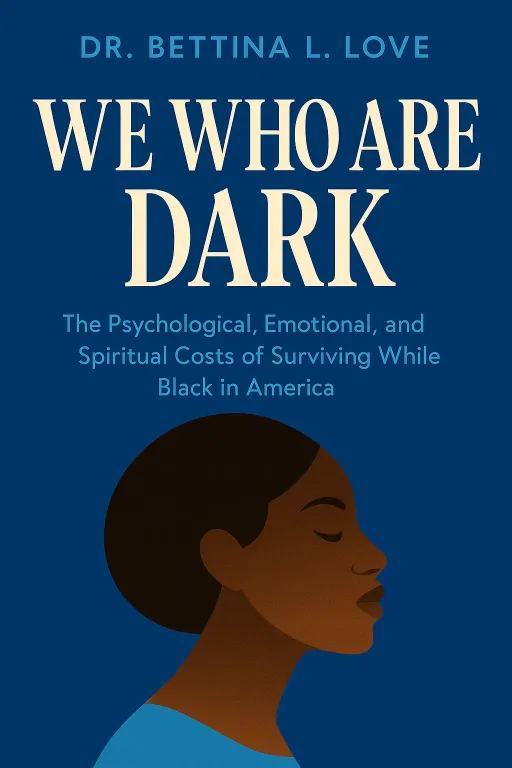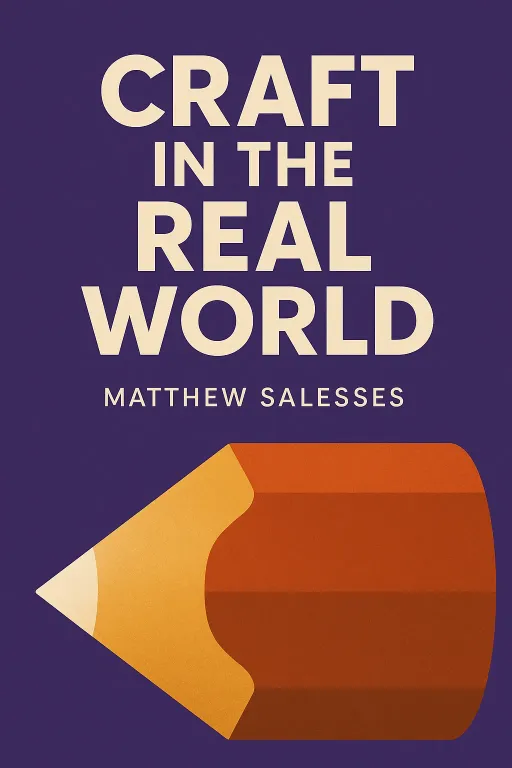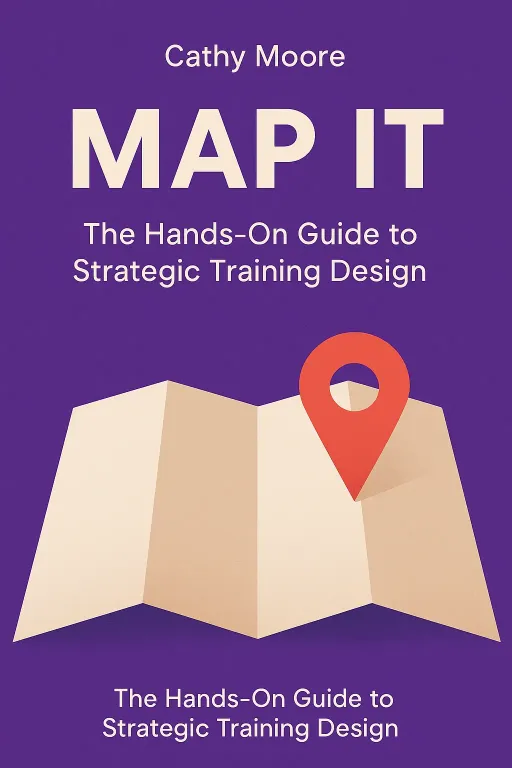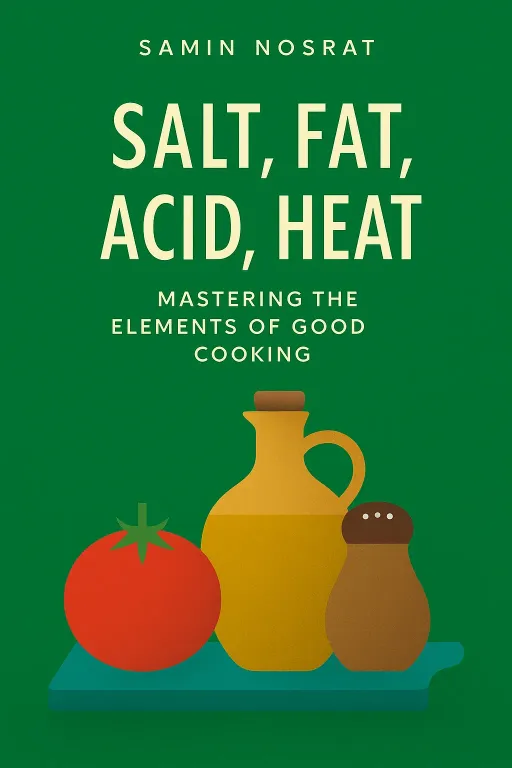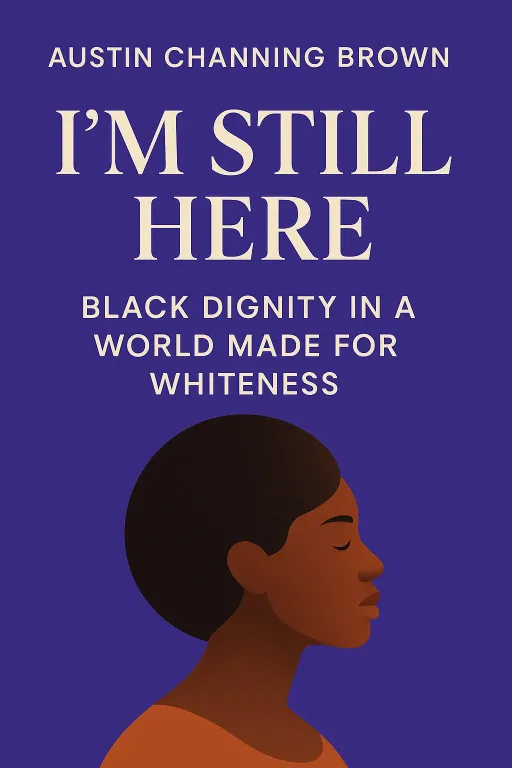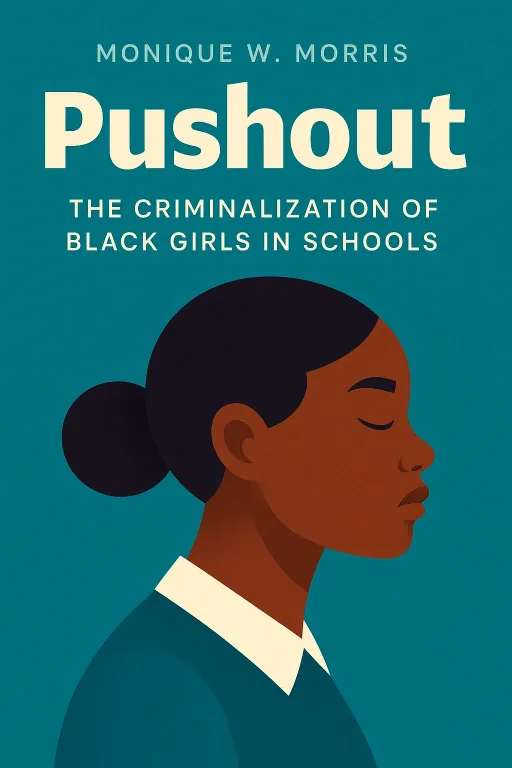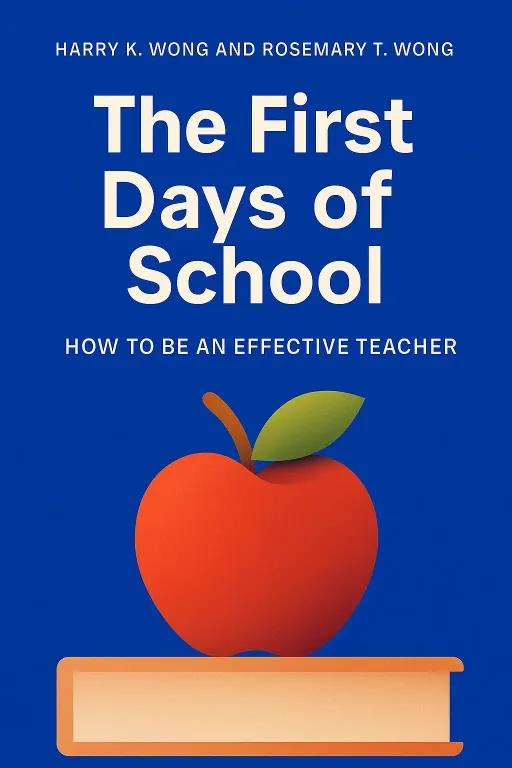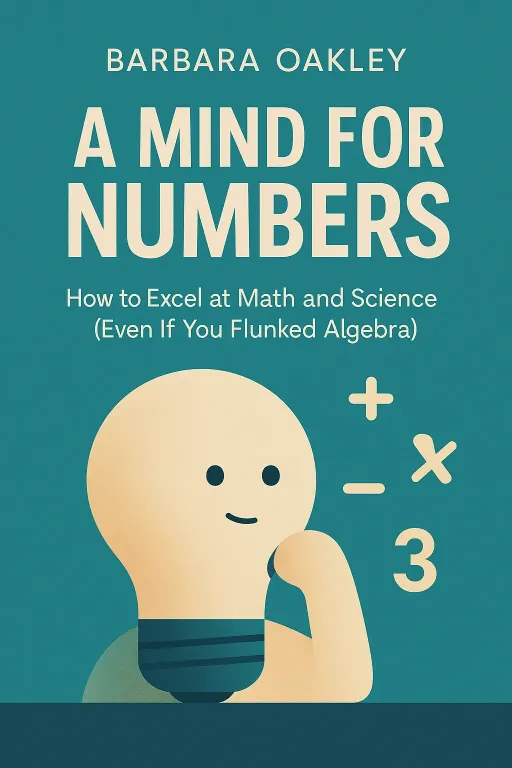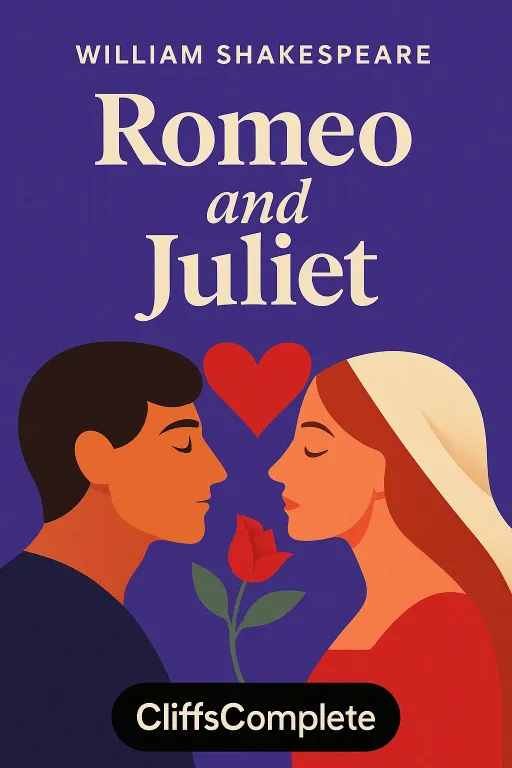
Star-Crossed or Self-Sabotage?
14 minGolden Hook & Introduction
SECTION
Laura: Alright, Sophia. You're trapped in an elevator with a high school English student who has a Romeo and Juliet essay due tomorrow. They ask you what the play is really about. You have one sentence. Go. Sophia: Easy. It's about two emotionally unregulated teenagers who get married after knowing each other for a day, and—spoiler alert—it doesn't end well. Laura: That's a hilariously brutal summary, but you're not wrong. It’s the most famous love story in the world, yet it’s built on a foundation of chaos, bad timing, and terrible decisions. Sophia: It’s the ultimate cautionary tale disguised as a romance. And for a story that’s over 400 years old, it’s amazing how it still feels so immediate. Laura: Absolutely. And to guide our deep dive today, we're leaning on a really solid resource: the CliffsComplete Shakespeare’s Romeo and Juliet, with commentary by Karin Jacobson. Sophia: Ah, the academic's secret weapon. I like it. It’s one of those study guides that gets a pretty positive reception for being more than just a summary. Laura: Exactly. What's great about this edition is that it's a full-on toolkit. It digs into the historical context, like how the constant threat of the bubonic plague in Shakespeare's London might have influenced the play's sense of urgency and doom. Theaters were constantly being shut down because of it. In fact, the famous Globe Theatre, where Shakespeare’s company performed, eventually burned down during a performance. There was this constant sense of precariousness. Sophia: Wow, so that feeling of life being short and unpredictable wasn't just teenage drama, it was literally in the air they breathed. That adds a whole other layer to it. Laura: It really does. The guide uses that context to help us unpack why this story still hits so hard. It’s not just about the lovers; it’s about the world that shapes them and, ultimately, crushes them.
The Engine of Tragedy: Fate or Human Folly?
SECTION
Laura: And let's start with that crushing end you mentioned. The Prologue literally tells us they are 'star-crossed lovers' and their love is 'death-marked.' So, is this whole tragedy just bad luck from the universe? Are they doomed from the start? Sophia: I have to push back on that. The 'star-crossed' line feels like a great marketing hook from Shakespeare, but when you actually look at the events, it feels less like cosmic destiny and more like a series of very human, very avoidable blunders. Laura: That's the central tension of the play, and the study guide points to a key piece of evidence for your argument: Shakespeare's deliberate manipulation of time. In the original story he borrowed from, an English poem by Arthur Brooke, the whole affair between 'Romeus and Juliet' unfolds over nine months. Sophia: Nine months! That’s a reasonable amount of time to fall in love, meet the parents, maybe even have a few fights and make up. It's a relationship. Laura: Precisely. But Shakespeare takes that nine-month timeline and compresses it into about five days. From the moment they meet at the party on Sunday night to their deaths in the tomb on Thursday, it’s a whirlwind. Sophia: Okay, five days. That's not a relationship; that's a vacation fling that got way out of hand. It’s no wonder they were so impulsive. It's like a reality TV romance on fast-forward. Laura: And that’s a deliberate artistic choice. He wanted to create a pressure-cooker environment where every emotion is heightened and every decision feels like life or death, because there's no time to think. It removes the safety net of time. Sophia: Which, to me, makes their personal choices even more significant. Take Romeo. He starts the play moping over a girl named Rosaline, writing terrible poetry and swearing he'll never love again. An hour later, he sees Juliet and Rosaline is completely forgotten. Laura: The guide calls this his 'Petrarchan' phase. He’s in love with the idea of being in love—the drama, the suffering. It’s very performative. Benvolio, his cousin, basically tells him to get over it and look at other women. Sophia: And he does, and it works! But then he marries Juliet in secret less than 24 hours after meeting her. That’s not fate; that’s a lack of impulse control. Laura: I agree, but let's look at the other side of the coin. There are moments where pure, dumb luck seems to be the real villain. The most heartbreaking example is the failure of Friar Laurence's message to reach Romeo. Sophia: Right, the letter that would have explained everything. What happened there? Laura: It’s a moment of pure, tragic misfortune. Friar Laurence writes a letter to Romeo in Mantua, explaining that Juliet isn't really dead, she's just taken a sleeping potion, and that Romeo should come to the tomb to get her when she wakes up. He gives the letter to another friar, Friar John, to deliver. Sophia: Seems simple enough. Laura: It should have been. But Friar John stops to pick up another friar to accompany him, and the house they are in gets suspected of being infected with the plague. Health officials, terrified of an outbreak, seal the doors. They quarantine them. Friar John is trapped inside, unable to leave, and the letter never even leaves Verona. Sophia: Oh, that is just brutal. He’s holding the key to preventing the entire catastrophe, and he's stopped by a public health measure. You can't even be mad at anyone for that. It's just… a horrible accident. Laura: It’s a perfect example of what the Greeks called hamartia—not just a character flaw, but a tragic error, a misstep. It’s a moment of cosmic bad timing. Sophia: Okay, I’ll grant you that the quarantine is a point for Team Fate. That’s a massive dose of bad luck. But what about Romeo's reaction? His servant, Balthasar, who doesn't know about the plan, sees Juliet's funeral and rushes to Mantua to tell Romeo she's dead. What does Romeo do? Laura: He immediately says, "Is it e'en so? Then I defy you, stars!" and decides to return to Verona to die with her. Sophia: Exactly! He doesn't ask for details. He doesn't say, "Wait, that seems sudden, let me send a message to the Friar to confirm." His first and only thought is to find an apothecary, buy an illegal and powerful poison, and commit suicide. That's not the stars making a decision for him. That is a 100% Romeo-fueled choice. Laura: It's the height of his impulsivity. And the guide points out that this is where his character arc, if you can call it that, culminates. He's moved from a boy who was lovesick over Rosaline to a man so singularly focused on his love for Juliet that a world without her is literally unimaginable. He doesn't even consider another option. Sophia: So the tragedy is this perfect, awful cocktail. You have the systemic problem—the family feud. You have the character flaws—the impulsivity of the lovers. And then you have that one dose of pure bad luck—the plague quarantine. Take away any one of those, and they might have survived. Laura: I think that’s the most powerful interpretation. It’s not a simple answer. Shakespeare gives us the 'star-crossed' excuse in the prologue, almost to satisfy our need for a grand, cosmic reason. But then he spends five acts showing us a tragedy built on very messy, very human foundations. The feud, the rash decisions, the missed messages—these are the things that kill them. The stars just watch.
The Power of Words: How Language Fuels Both Love and Violence
SECTION
Sophia: And speaking of those messy human foundations, it’s incredible how much of the action is driven not just by swords, but by words. The insults, the puns, the poetry—it all feels so active. Laura: You're right, and that’s the second major insight we can pull from this. In Romeo and Juliet, language isn't just descriptive; it's functional. Words are actions. They are weapons, and they are love potions. Sophia: Let's start with the weapons. The play opens with that big street brawl. How does it even start? Laura: It starts with the servants of the two houses, Sampson and Gregory, who are just looking for trouble. And it ignites with a gesture and a pun. Sampson literally "bites his thumb" at the Montague servants, which was the Elizabethan equivalent of flipping the middle finger. It’s a non-verbal insult designed to provoke. Sophia: So it’s pure machismo. They’re not fighting over land or money. They're fighting because of a disrespectful hand gesture. Laura: Exactly. And then the dialogue is full of aggressive, often crude, puns. They play on words like "collier" (coal-seller), "choler" (anger), and "collar" (a hangman's noose). It’s a rapid-fire exchange of veiled threats and insults. The language itself is a form of combat before any swords are even drawn. It's this low, vulgar, aggressive speech that sets the tone for the violence of Verona. Sophia: It’s like a rap battle that escalates into a real fight. The words create the violent energy. Laura: Precisely. Now, contrast that with the very first time Romeo and Juliet speak to each other at the Capulet party. It is one of the most famous scenes in all of literature for a reason. Sophia: The balcony scene? Laura: Even before that. The moment they first touch. Romeo, a Montague, has crashed the party. He sees Juliet from across the room and is instantly captivated. He approaches her, and their first fourteen lines of dialogue together form a perfect, shared sonnet. Sophia: Wait, a sonnet? Like, the 14-line poem with a specific rhyme scheme? They just… improvise one together? Laura: They do. He starts it, she picks it up, and they complete it together, ending with a kiss. He speaks of his lips as "pilgrims" and her hand as a "holy shrine." It's a sacred, religious language. They are literally creating poetry together in the middle of a loud, crowded party. Their language instantly shows that they are on the same intellectual and emotional wavelength. Sophia: That is incredible. So the servants' crude wordplay leads to a street fight, while Romeo and Juliet's shared poetry creates this private, almost sacred space for their love. The way they talk literally defines their world. Laura: It defines their connection. And you can track Romeo's own development through his language. When he's pining for Rosaline, he speaks in those tired, clichéd oxymorons—"O brawling love! O loving hate!" He sounds like a bad poet. But when he talks about Juliet, his language becomes genuine, filled with imagery of light and stars. He’s no longer performing love; he’s experiencing it, and his words reflect that authenticity. Sophia: And what about Mercutio? He’s my favorite. His language is the wittiest and most imaginative in the whole play. His Queen Mab speech is this wild, fantastical monologue about a fairy who brings dreams to people. It’s brilliant and hilarious. Laura: Mercutio is a linguistic force of nature. He’s a cynic who uses his wit to poke holes in everyone else's reality, especially Romeo's romanticism. He sees love as a purely physical thing and mocks Romeo's dramatic sighs. He's a realist in a world of romantics and hot-heads. Sophia: And yet, his clever words don't save him. In fact, his taunting of Tybalt is what directly leads to the duel that gets him killed. He calls Tybalt the "King of Cats," a pun on a popular fable character, mocking his formal fencing style. Laura: He prods and prods with his wit until Tybalt has no choice but to fight. And as he's dying, Mercutio delivers one of the most powerful lines in the play: "A plague o' both your houses!" It’s a curse, and it’s the moment the play pivots from a potential comedy into an irreversible tragedy. His words, in the end, seal everyone's fate. Sophia: It's fascinating. The play is a constant negotiation between what things are called and what they actually are. Juliet has that famous line, "What's in a name? That which we call a rose / By any other word would smell as sweet." She’s arguing that Romeo's name, Montague, is just an arbitrary label. Laura: She's making a profound philosophical point. She’s trying to separate the person from the social construct, the essence from the label. But the tragedy of the play is that in Verona, the names are everything. The label is the reality. You are a Capulet or a Montague before you are a person, and that is a prison you can't escape, no matter how beautiful your poetry is.
Synthesis & Takeaways
SECTION
Sophia: So when we pull it all together, it seems like blaming 'fate' is almost a cop-out. The tragedy feels so much more... human. It's a perfect storm of a hateful society that traps people in labels, impulsive kids who feel everything with terrifying intensity, and a few terrible rolls of the dice. Laura: Exactly. And that's the genius of it. Shakespeare gives us the 'star-crossed' excuse right at the beginning, but then spends five acts showing us a tragedy built on human choices. The ancient grudge, the rash decisions, the failed communication—these are the things that kill them. The stars just watch. The play becomes a mirror, not a telescope. It’s not about distant forces; it’s about the conflicts right here on the ground, within families and within ourselves. Sophia: It’s also a powerful reminder of the weight of our words. The same tool that can build a connection so deep that it feels like destiny can also be the spark that burns everything down. Laura: That's beautifully put. The play ends with the Prince saying, "For never was a story of more woe / Than this of Juliet and her Romeo." But the woe isn't just that they died. The woe is that it all felt so preventable, so close to being a story with a happy ending. It's the tragedy of the 'what if.' Sophia: What if the letter had arrived? What if Romeo had waited five minutes? What if the families had just talked to each other once? It’s haunting. Laura: It is. And it makes you wonder, how often do we blame 'bad luck' or 'fate' for problems that our own words or hasty actions created? Sophia: That's a question to sit with. We'd love to hear your thoughts. What do you think is the true cause of the tragedy? Was it fate, or was it folly? Let us know your take on our socials. Laura: This is Aibrary, signing off.
